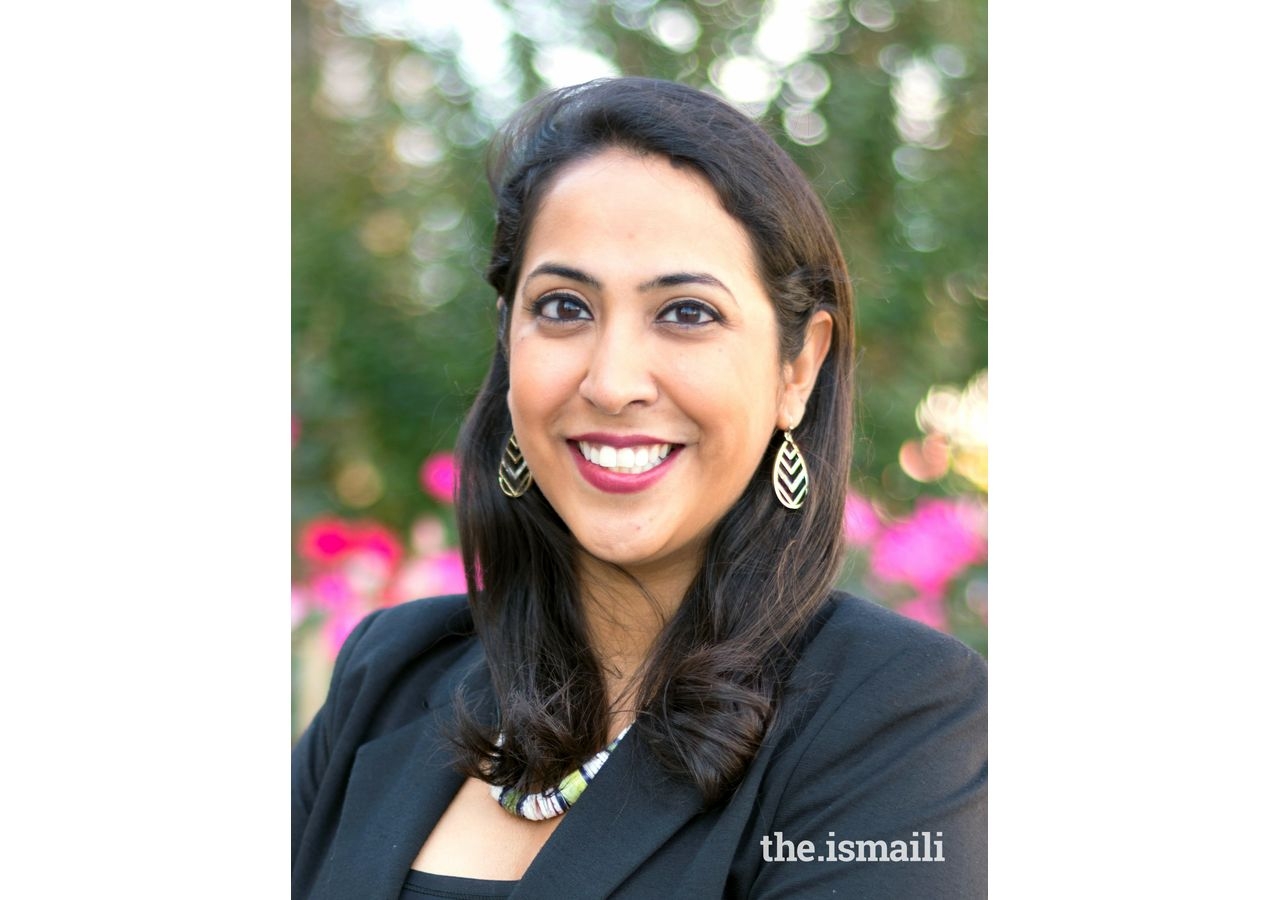At Roshan, Tahira learned how businesses had a massive market opportunity to leverage technology and data to reduce costs and also engage low-income customers. “Doing so, however,” recalls Tahira, “requires innovation and a willingness to fundamentally rethink product, pricing, and distribution.” That leap would become something of a theme in Tahira’s life: to never linger too long in one comfort zone.
Returning to Reinvest
After leaving Afghanistan, she led strategic projects at LeapFrog Investments, a profit-with-purpose private-equity fund focused on financial services. She also served as Director of Strategy at the Aga Khan Fund for Economic Development, worked at the Bridgespan Group, and independently on health and education initiatives in Pakistan, Tanzania, and Egypt.
Today, Tahira is tasked with providing strategic direction for impact investing at Accion Venture Lab to spur economic development and financial services in underserved markets. She is particularly interested in how investors can go beyond providing capital for growing firms. She has the personal and professional goal of changing the way capital markets think about success and measuring returns. “In mainstream investing, you could boil things down to a rate of return. But on the impact investing side, it’s harder to boil success metrics down to a single number.”
Accion partners with companies such as mobile-only banks for migrant workers in the United Arab Emirates or fire insurance providers for residents of “informal settlements” in South Africa. These organizations are creating change in profitable, meaningful, and sustainable ways. “I think impact can be defined broadly. It’s a false dichotomy to say that you have to trade off or have a binary [decision] between profit and purpose.” Tahira is thrilled by the proliferation of scholarship and tools in the field since she started.
From Professional Learnings to Personal Impact
In addition to all her professional hats, Tahira operates a small coaching practice, primarily for women who are going through transitions or new to leadership roles. Her advice to women advancing in their careers is always to negotiate. “I can’t tell you the number of times that I watch women not negotiate the offers that they are given. Men approach these positions differently than women.”
Although demanding more money can be an uncomfortable topic, Tahira advises any woman to ask questions, talk to friends and colleagues, and always know your market value: “Women should be talking a lot more about salaries and what they earn. Demand what you deserve.” After all, the “comfort zone”—in life or investments—is no place for growth.









